CIRD Conducted Research and Exchange Visits to Japan, Malaysia, and Indonesia
From August 12 to 30, 2025, Professor Chi Fulin, President of China Institute for Reform and Development (CIRD), led a delegation to Japan, Malaysia, and other countries to conduct research and exchanges. Against the backdrop of profound changes in the global geopolitical landscape and at a critical stage of regional cooperation, this research focused on topics such as the China-Japan-ROK Free Trade Agreement negotiations, the upgrading and expansion of RCEP, China-ASEAN blue economy cooperation, and Asia-Pacific integration. During the visit, CIRD hosted and participated in multiple international conferences, thematic seminars, and roundtable dialogues, and held discussions with think tanks, universities, enterprises, and international organizations to gather perspectives from the political, business, and academic communities. In Tokyo, CIRD hosted the “12th CJK Cooperation Dialogue”; in Kuala Lumpur, the “Seminar on Jointly Building a New Engine for China-ASEAN Blue Economy”; and in Jakarta, the roundtable “Charting RCEP’s Course: A Way Forward”. Professor Chi was also invited to attend the “Kuala Lumpur Roundtable on Asia-Pacific Regional Cooperation of the Boao Forum for Asia” and delivered important remarks. In addition, the delegation held meetings and exchanges with the Japan Center for Economic Research (JCER), Institute of Strategic and International Studies (ISIS) Malaysia, the ASEAN Secretariat, and the RCEP Support Unit (RSU).
During the visit to Japan, CIRD hosted the 12th CJK Cooperation Dialogue in Tokyo.
On August 22, the 12th CJK Cooperation Dialogue, themed “Enhancing Trilateral Cooperation Amid Shared Economic Challenges,” was held in Tokyo. It was hosted by Japan Economic Foundation (JEF), CIRD, and East Asia Foundation (EAF), with special support from the Trilateral Cooperation Secretariat (TCS).
At the opening remarks session, Professor Chi Fulin, delivered a speech titled “CJK Free Trade Agreement: The Optimal Choice Amid Common Challenges.” He emphasized that the CJK Free Trade Agreement is the optimal option for advancing regional economic integration, the optimal option for promoting RCEP cooperation, and the optimal option for meeting practical needs. He underlined the importance of building on RCEP and making full use of its framework to expedite the conclusion of the CJK FTA.
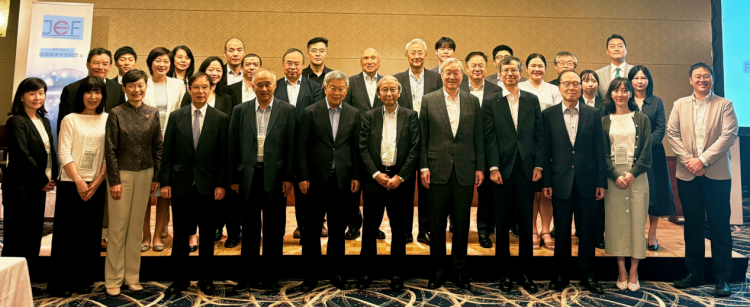
During the visit to Japan, Professor Chi Fulin led the delegation to Japan Center for Economic Research (JCER) for a roundtable discussion.
On the afternoon of August 21, Professor Chi held discussion with Kazumasa Iwata, President of JCER and Former Deputy Governor of the Bank of Japan. The two sides exchanged views on key issues, including economic growth and structural transformation in China and Japan, bilateral economic and trade cooperation, the CJK FTA, and RCEP.
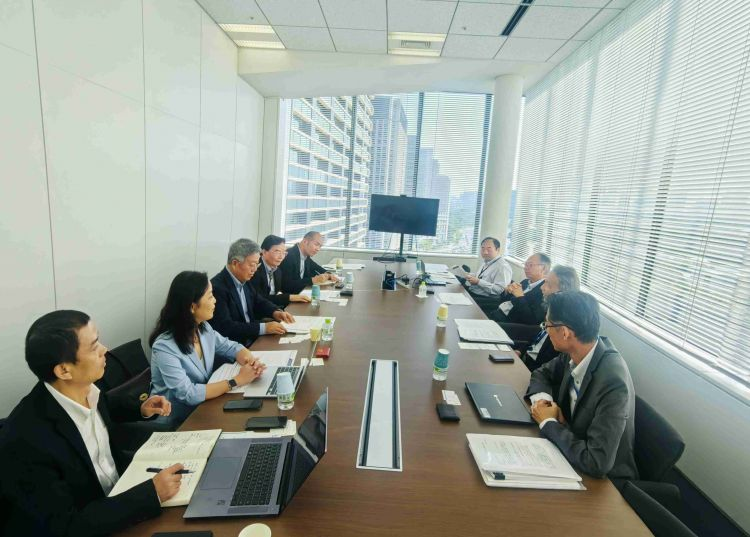
During the visit to Malaysia, CIRD hosted the “Seminar on Jointly Building a New Engine for China-ASEAN Blue Economy” in Kuala Lumpur.
On August 25, the “Seminar on Jointly Building a New Engine for China-ASEAN Blue Economy” was co-hosted by CIRD, Institute of Asian Studies of China Foreign Affairs University (CFAU), and Maritime Institute of Malaysia (MIMA), with Department of International and Strategic Studies, Universiti Malaya as co-organizer, and Hainan Institute for Free Trade Port Studies (HIFTPS) as supporting organization. The seminar brought together more than 40 participants, including government officials, experts and scholars, business representatives, and media from China, Malaysia, the Philippines, and Thailand, to explore pathways and opportunities for cooperation in the blue economy.
In the opening remarks, Professor Chi Fulin emphasized that the blue economy represents a common market for China and ASEAN, serving as a major driver for economic growth, trade cooperation, and industrial transformation. He underlined the need to build a common market led by marine tourism, including common markets for marine tourism, marine fisheries, renewable energy, and emerging fields such as marine biological resource development.
During the visit to Malaysia, Professor Chi Fulin was invited to attend “Kuala Lumpur Roundtable on Asia-Pacific Regional Cooperation of the Boao Forum for Asia”.
On August 26–27, the “Kuala Lumpur Roundtable on Asia-Pacific Regional Cooperation of the Boao Forum for Asia” was held under the theme “Forging Ahead Regional Cooperation for New Progress of Asia-Pacific Integration.” On the afternoon of August 26, Session I, titled “More Openness & Better Connectivity—the Future of Asia-Pacific Integration” was held. Professor Chi Fulin was invited to attend and delivered a leading remark entitled “Firmly Advancing Asian Economic Integration through RCEP”.
Professor Chi emphasized that an ASEAN-centered RCEP plays an irreplaceable role in building a common regional market: its scale advantage is irreplaceable; its role in driving regional free trade is irreplaceable; its contribution to integrating regional industrial and supply chains is irreplaceable; and its function in constructing a unified regional market is irreplaceable. He stressed that firmly advancing RCEP requires forging consensus among all parties, promoting rule upgrading, institutional improvement, deeper openness, and stronger governance, so as to build a free trade area that is implementable, monitorable, enforceable, and governable. He called for joint efforts to accelerate RCEP’s transition from version 1.0 to 2.0, upholding ASEAN centrality, advancing CJK FTA negotiations, and achieving new breakthroughs in building a common regional market. Professor Chi further noted that China, as a huge market, will serve as a crucial driver for the development of the RCEP regional market through its commitment to high-standard opening-up.
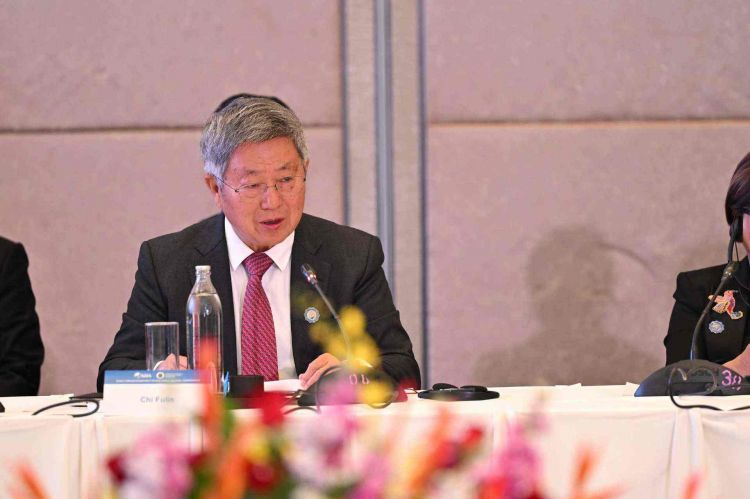
On the morning of August 27, Professor Chi Fulin was invited to make an intervention at the session 2 “Go Green and Digital—New Drive for the Growth of Asia Pacific”. He elaborated on three aspects: “New Trends in China’s Economic Transformation,” “New Space for China’s Economic Transformation in the Next Decade,” and “China’s Economic Transformation as a New Driver for Asia-Pacific Development.” Professor Chi noted that China has already established new trends in areas such as the digital economy, new energy, and the ocean economy. Looking ahead to the next decade, he emphasized that China’s economic transformation holds enormous growth potential in industrial structure, consumption structure, and urban-rural structure.
In addition, at the special session “Revitalize the Bandung Spirit for Stronger Solidarity and Cooperation”, Professor Chi suggested that as Asia enters a new era over the next 10 to 20 years, it is important to significantly enhance the influence of the Boao Forum for Asia and give full play to its role at different levels in the new Asian era, thereby actively advancing Asia-Pacific integration.
During the visit to Malaysia, Professor Chi Fulin held a discussion with Datuk Prof. Dr. Mohd Faiz Abdullah, Chairman of Institute of Strategic and International Studies (ISIS) Malaysia.
On the morning of August 25, Professor Chi led the delegation to ISIS Malaysia, where he exchanged views with Datuk Prof. Dr. Mohd Faiz Abdullah, Chairman of ISIS Malaysia and others on topics including China–ASEAN free trade, RCEP cooperation, and institutional collaboration.
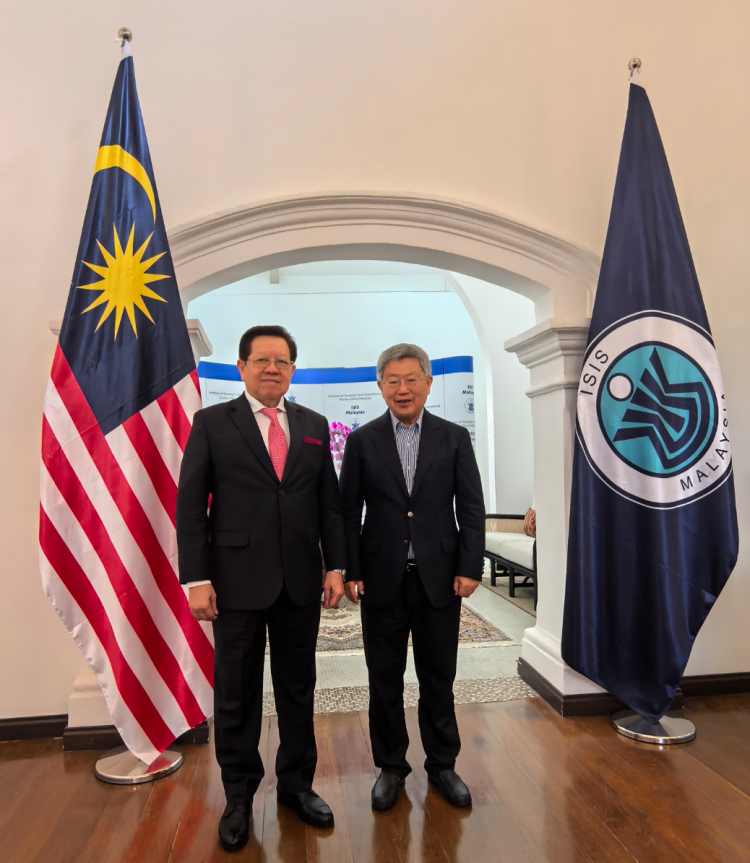
During the visit to Malaysia, CIRD delegation held discussions with institutions including Universiti Malaya, Grandall Law Firm (Malaysia), and the Institute of Malaysian and International Studies (IKMAS), Universiti Kebangsaan Malaysia, and conducted a field study at Westports Malaysia.
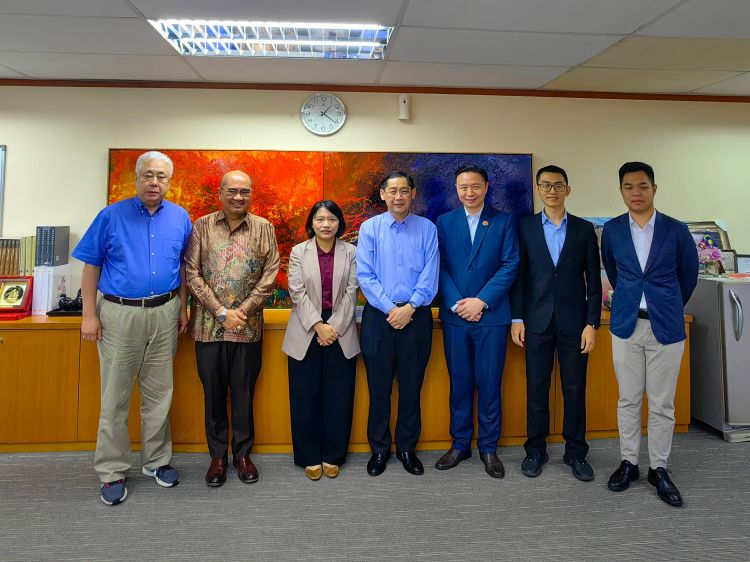
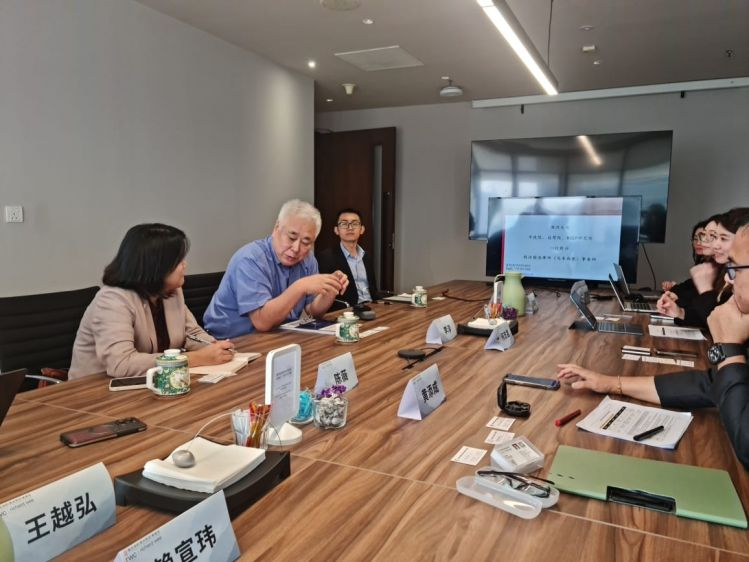
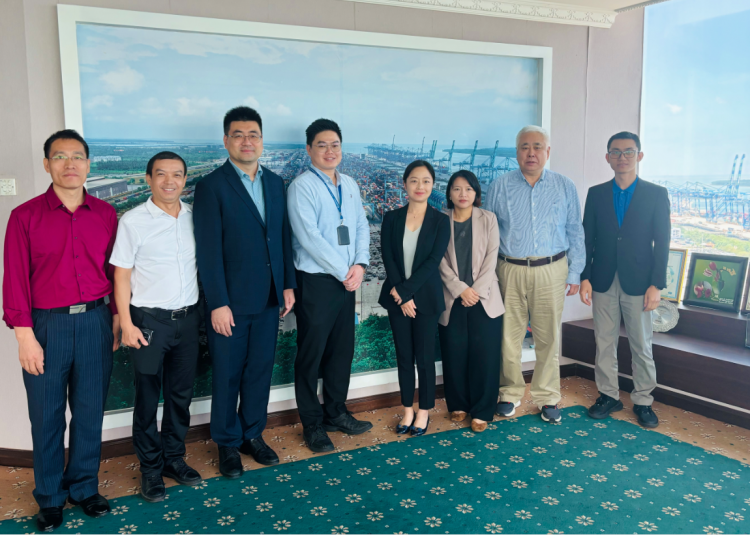
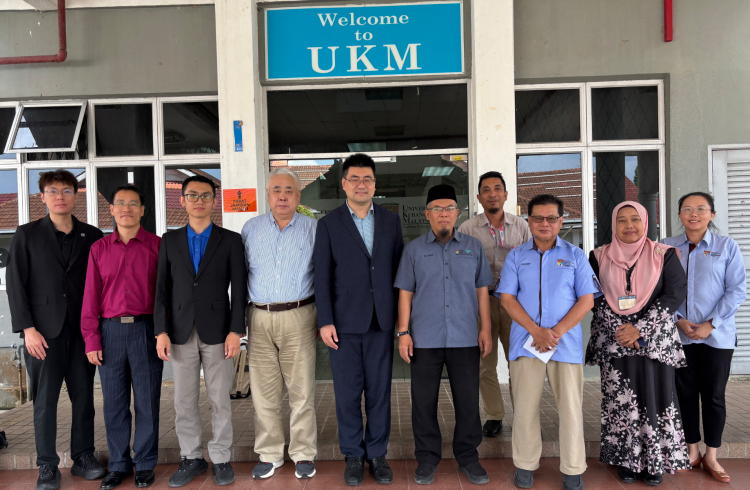
In addition, the delegation held discussions on blue economy issues with Li Bin, Executive Director of Lu Haifeng Development Sdn. Bhd., and his team.
During the visit to Indonesia, CIRD hosted Roundtable Discussion on “Charting RCEP’s Course: A Way Forward” in Jakarta.
On August 28, Roundtable Discussion on “Charting RCEP’s Course: A Way Forward” was co-hosted by CIRD, Centre for Strategic and International Studies (CSIS) Indonesia, and Boao Forum for Asia Academy (BFA Academy), with support from HIFTPS. The event brought together more than 60 representatives from 13 countries and international organizations, including China, Indonesia, the Philippines, Australia, New Zealand, the Republic of Korea, Japan, Cambodia, Vietnam, Thailand, Singapore, the RCEP Support Unit (RSU), and the Economic Research Institute for ASEAN and East Asia (ERIA).
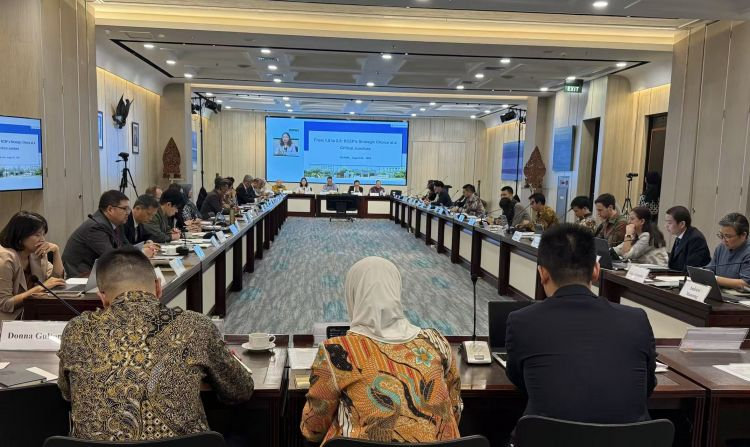
During the visit to Indonesia, CIRD delegation held discussions with the ASEAN Secretariat and the RSU.
On the morning of August 29, CIRD delegation visited the RSU in Jakarta and held exchanges with Executive Director Taufiq Arfi Wargadalam on topics including RCEP upgrading and expansion, as well as institutional development.
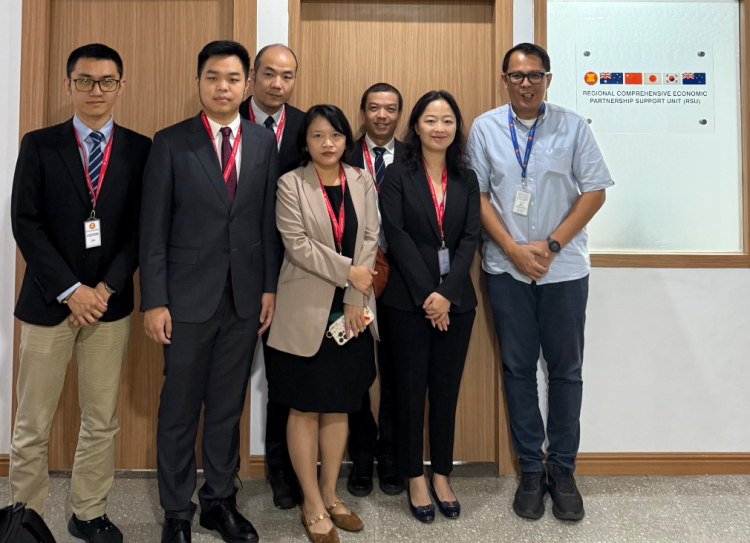
On the same morning, CIRD delegation also visited the ASEAN Secretariat and held discussions with Deputy Secretary-General Satvinder Singh on China–ASEAN economic and trade cooperation, the upgrading and institutionalization of RCEP implementation, and the development of the Hainan Free Trade Port.
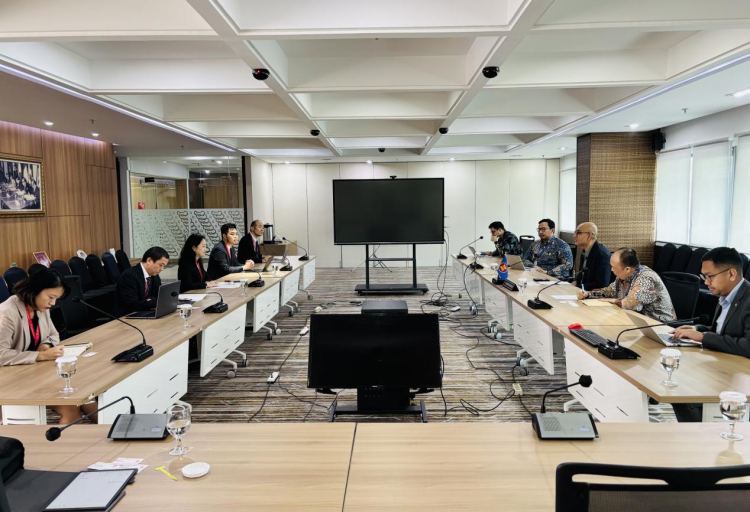
Through this visit to Japan, Malaysia, and Indonesia, CIRD further expanded its international network of partners by “going global”, hosting international seminars, and conducting field visits to local enterprises, universities, research institutes, and industry associations. The delegation actively voiced think tank perspectives and drew wide attention from mainstream media at home and abroad. Professor Chi Fulin’s academic views—such as accelerating the building of a common RCEP regional market, promoting the upgrading of RCEP from version 1.0 to 2.0, highlighting the CJK Free Trade Agreement as the optimal choice amid shared challenges, calling on China, Japan, and ROK to expedite the conclusion of the FTA in response to common challenges, and advancing the building of a China–ASEAN Blue Economy Common Market—generated broad influence. The outcomes of this mission were covered by media outlets including Xinhuanet, Economic Information Daily, People’s Daily Overseas Edition, People.cn, China.org.cn, Shanghai Securities News, Global Times, and Huanqiu.com.
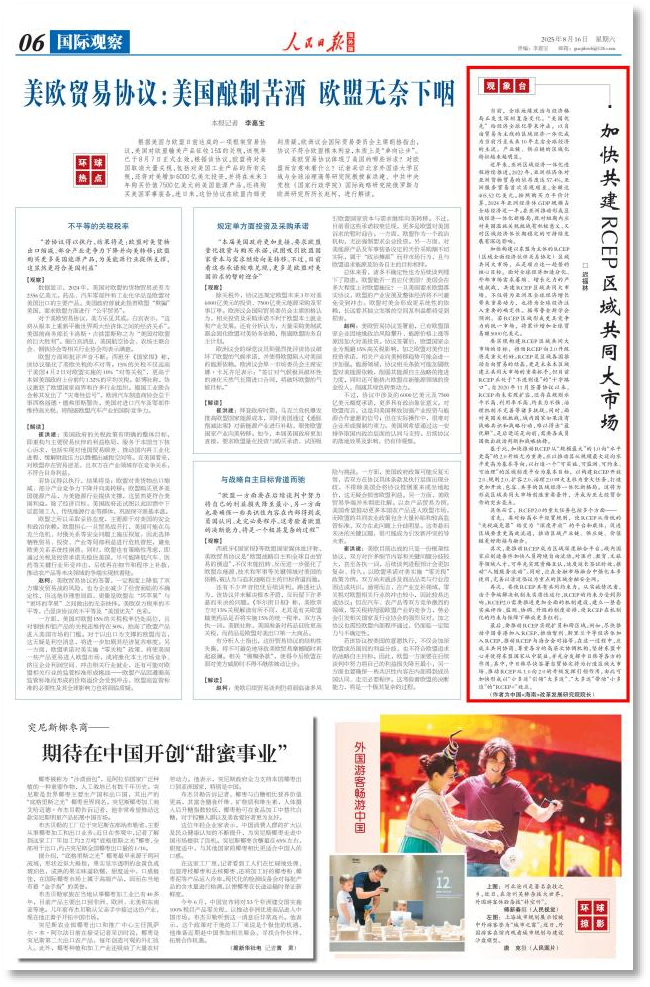
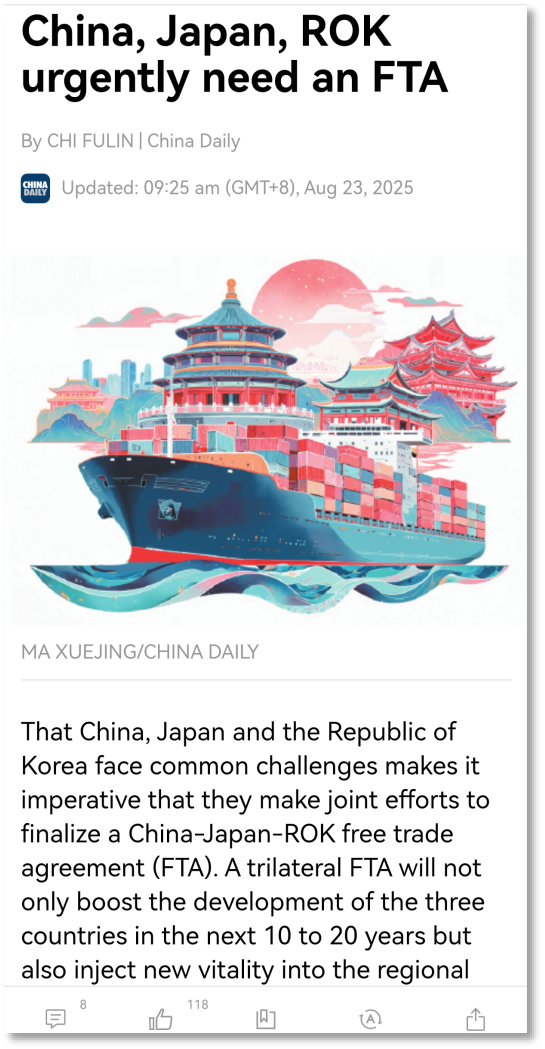
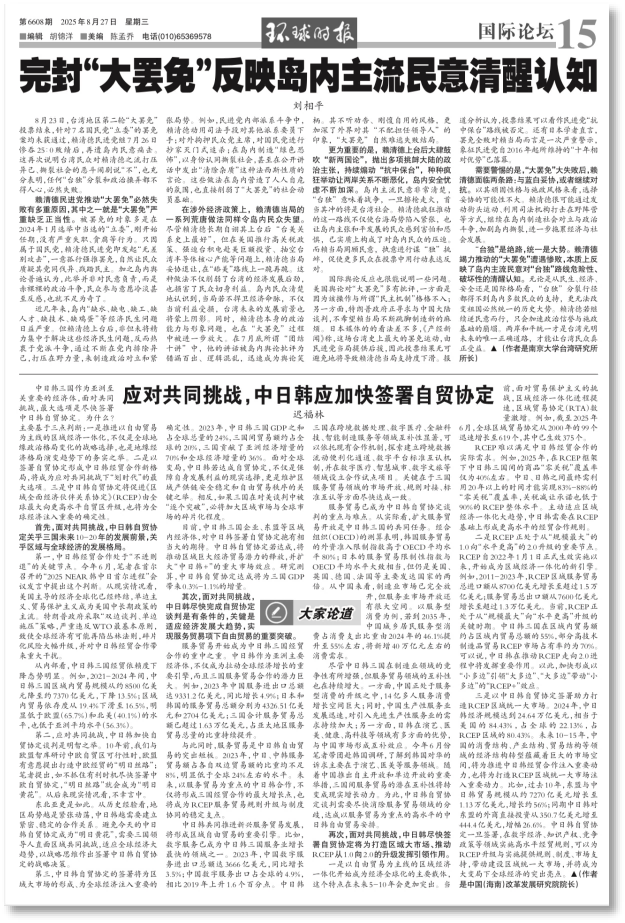
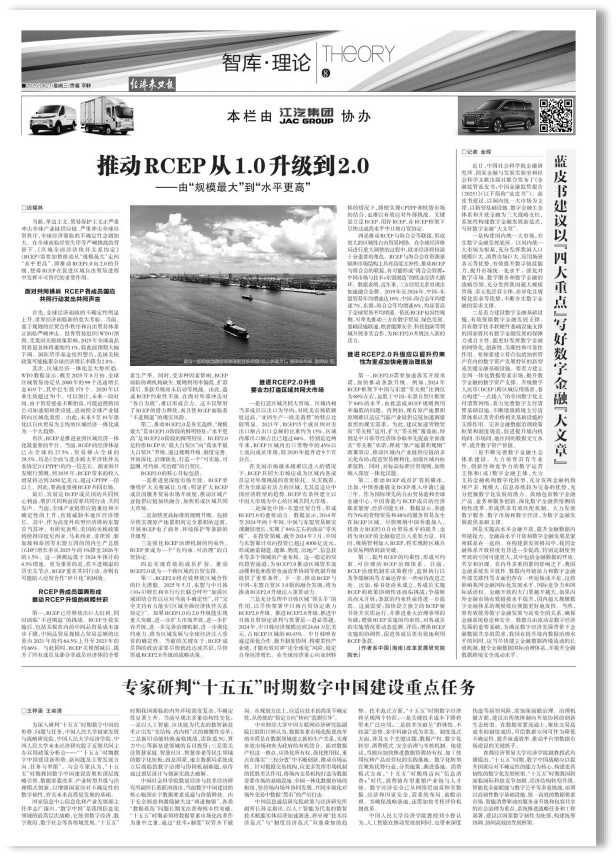
 中改院
中改院
 官方微信扫一扫
官方微信扫一扫 官方微信扫一扫
官方微信扫一扫